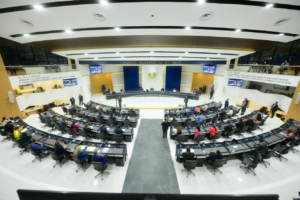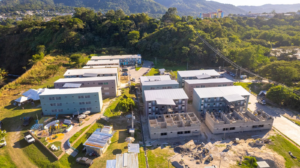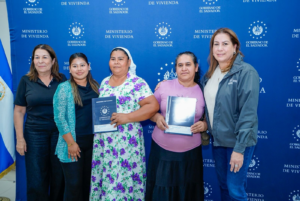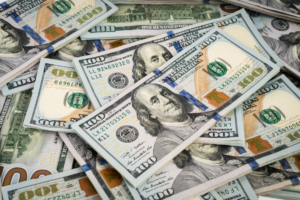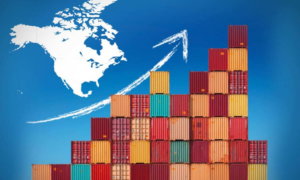
There are various types of economy that countries adopt to organize and manage their resources. Each of these models seeks to meet the needs of the population in a different way, based on specific principles of production and distribution of goods and services.

The first type is the market economy, where supply and demand determine production, prices and the distribution of resources. In this system, firms and individuals are free to make economic decisions with minimal state intervention.
In contrast, the planned economy is run entirely by the government, which decides what, how and for whom goods are produced. Countries such as North Korea follow this model, in which state intervention is absolute.

There is also the mixed economy, which combines elements of the market economy with state intervention. Many countries, including El Salvador, adopt this approach, seeking a balance between economic freedom and government regulation to protect social welfare.
Finally, the traditional economy is one based on customs and traditions, prevalent in rural or indigenous societies, where production is based on the exchange of goods.
These types of economy represent different ways of organizing economic activity, each with its advantages and challenges.


